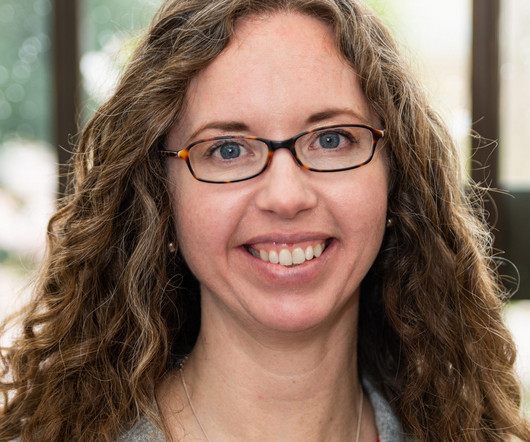Gastroenterology Board Meeting Summary | Spring 2025
ABIM
JUNE 30, 2025
The Specialty Board discussed the LKA in greater detail, as well as the use of artificial intelligence (AI) in assessment development and the integration of public members in ABIM Governance. Community Practice in ABIM Governance* Erica N. The LKA is not available in transplant hepatology.)












Let's personalize your content